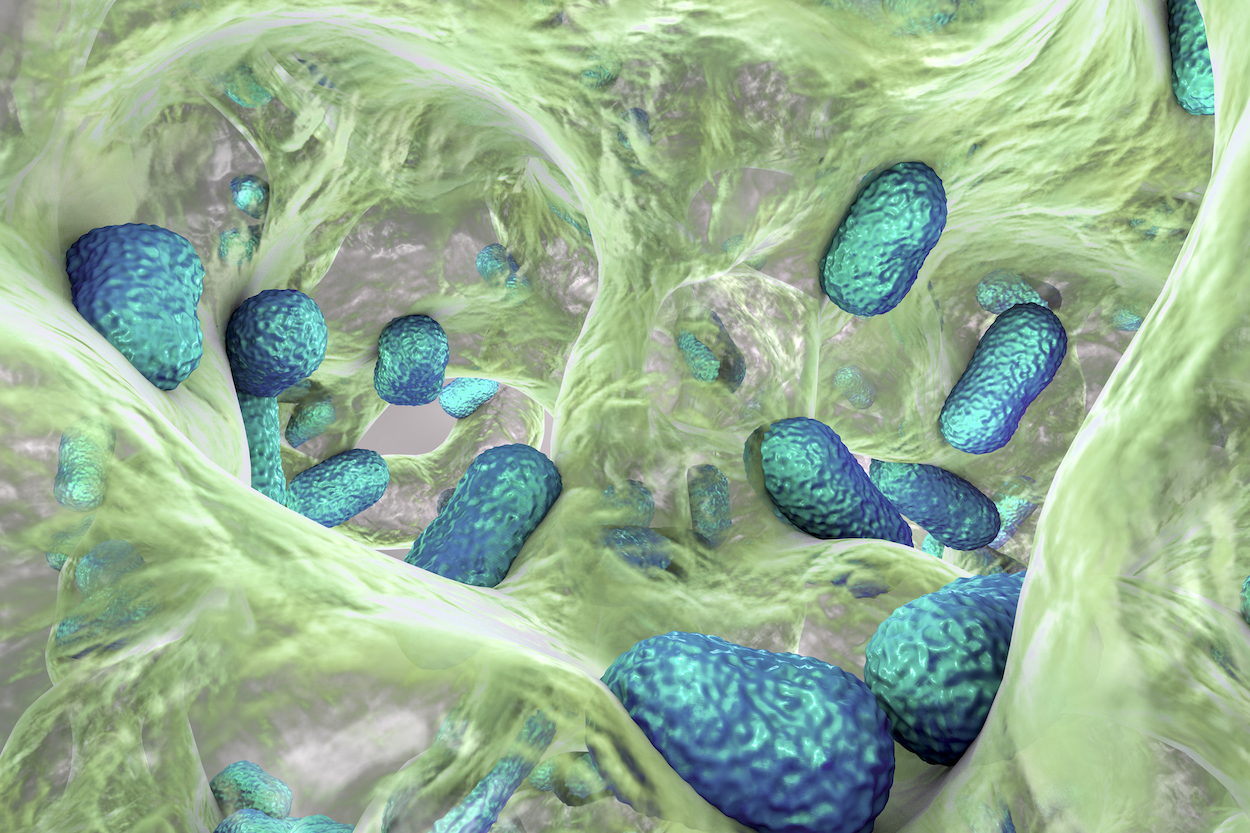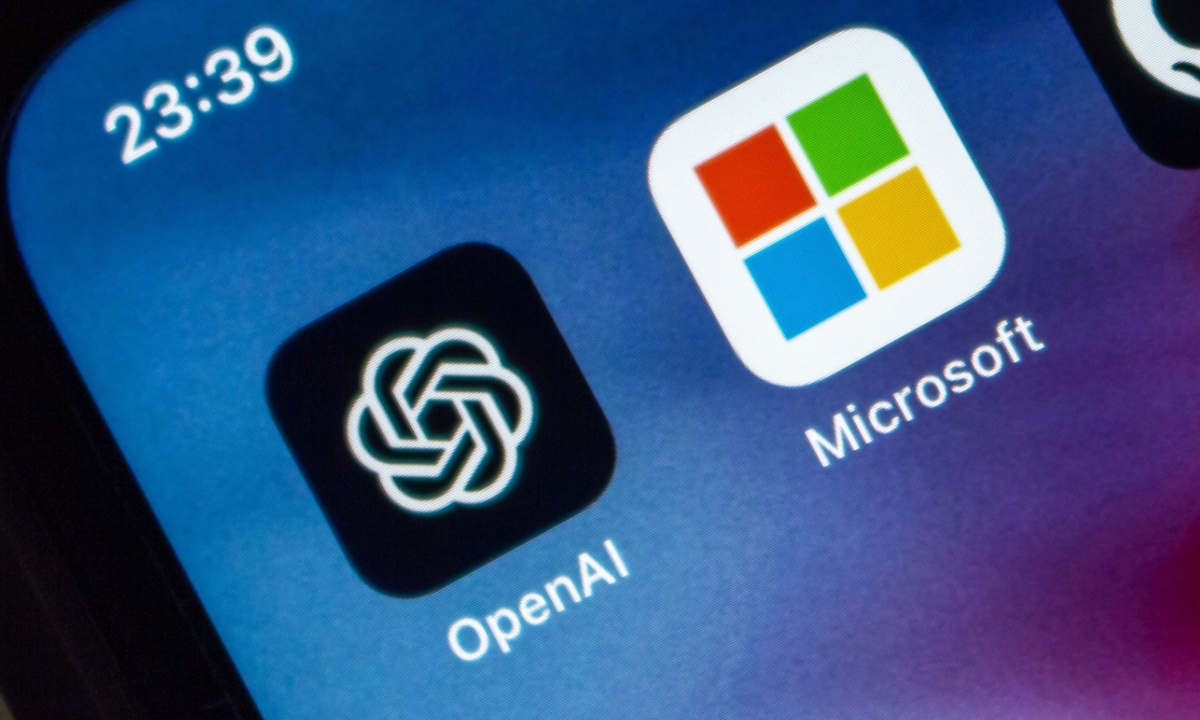
The development of biologic drugs—therapeutics derived from living organisms—has seen rapid advancement through the use of microbial production systems enhanced by genetic engineering. However, the integration of artificial intelligence (AI) is now poised to revolutionize this field by providing deeper insights and efficiencies that go beyond what traditional gene-editing techniques can achieve.
Microbe-based biologics involve the use of bacteria, yeast, or other microorganisms to produce complex proteins, enzymes, or antibodies. Techniques such as CRISPR and synthetic biology have significantly improved the precision and scalability of engineering these organisms to produce desired products more effectively. Yet, these methods can still require extensive trial-and-error and rely on large datasets to identify optimal production pathways or configurations.
AI offers a major advancement by enabling researchers to rapidly analyze vast amounts of genetic, metabolic, and process-related data to predict the most effective strategies for optimizing microbial production. AI models can identify gene expression patterns, metabolic bottlenecks, or novel biosynthetic routes that would take a human team considerably more time to discover through conventional experimentation.
Furthermore, AI-augmented platforms can simulate biological processes, helping scientists to virtually test modifications before applying them in laboratory settings. This accelerates the development cycle and reduces research costs while maintaining precision and quality.
Experts believe that the combination of AI, machine learning, and advanced bioengineering holds the key to the next generation of biologic drugs. These could be tailored more efficiently for conditions such as cancer, autoimmune disorders, and rare diseases. With AI aiding the design and scaling of microbial systems, drug discovery and manufacturing could become more responsive, sustainable, and globally accessible.
As this technological convergence progresses, regulatory frameworks will also need to evolve to ensure the safety, efficacy, and integrity of AI-designed microbial therapies. Although challenges remain, the outlook is promising for AI to play a transformative role in the future of biologic drug development.
Source: https:// – Courtesy of the original publisher.








